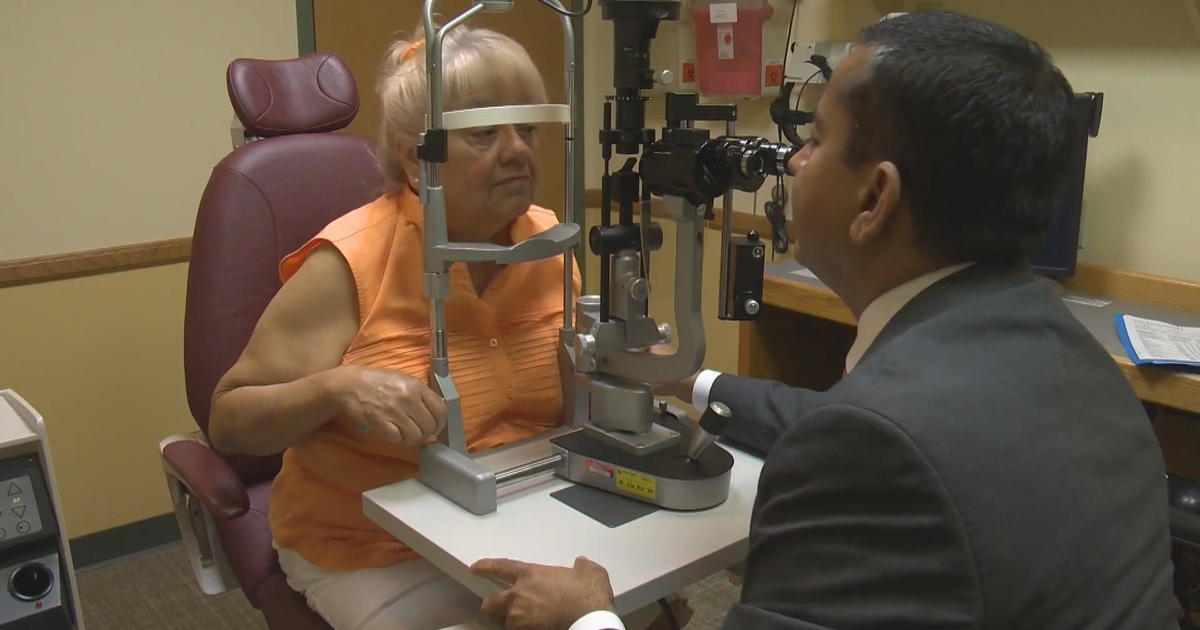Doctors Putting Food Ahead Of Medicine To Help Patients
PHILADELPHIA (CBS) -- After your next trip to the doctor's office, you may be heading home with a shopping list instead of a prescription.
The science of nutrition has expanded dramatically - with more doctors now putting food ahead of medicine to help cure what ails you.
"Pills have a lot of side effects," said Dr. Eric Appelbaum, chief medical officer at SBH Medical System. "Pills are expensive."
It's not that Dr. Appelbaum is against medication, he's just found a more effective way to help some of his patients.
Patients who trust their physicians, take their medications more," he said, "so why not extend that to food prescriptions."
The goal now is to have doctors be the front line for nutrition information instead of sending patients to dietitians.
Joseph Rios was hypo-glycemic for years. His nutrition prescription was to stop sodas, sugar, and red meat and start eating vegetables, and more nutrient dense foods. He's now off all meds.
"It was the food that I was gonna feed my body that was the real turnaround for me," Rios said.
Doctors say for most people eating more fish is central to any healthy diet. Also, garlic is good for everything from reducing high blood pressure to shortening colds. And then there's the cost.
"Definitely is a lot cheaper than the co pays for the medication that we see," said Dr. Appelbaum.
"It really can be powerful if used in the correct way," said Dr. Allyson Shrikhande, of Lennox Hill Hospital.
Dr. Shrikhande recommended endometriosis patient Jill Fuersich eliminate acidic foods.
"Coffee, alcohol, chocolate, tomatoes," Shrikhande said.
For patients like Fuersich, having a doctor take a whole body approach has meant feeling better all over.
"I get a lot of side effects from medications," she said. "It also gets very expensive for patients. We have all these specialists that we have to go to that might not necessarily be covered by our insurance."
But unless doctors take it upon themselves to learn about the potential of food for health, it may be a while until this is a regular practice. One recent study showed that 71 percent of medical schools failed to reach the recommended minimum 25 hours of nutrition education.



